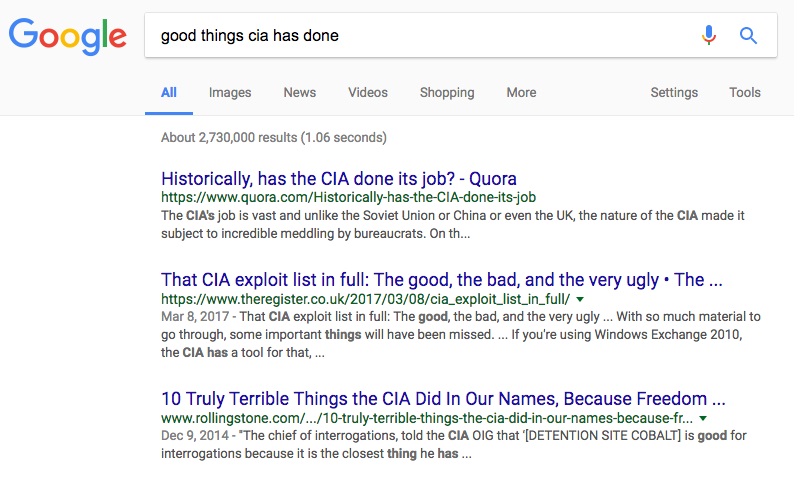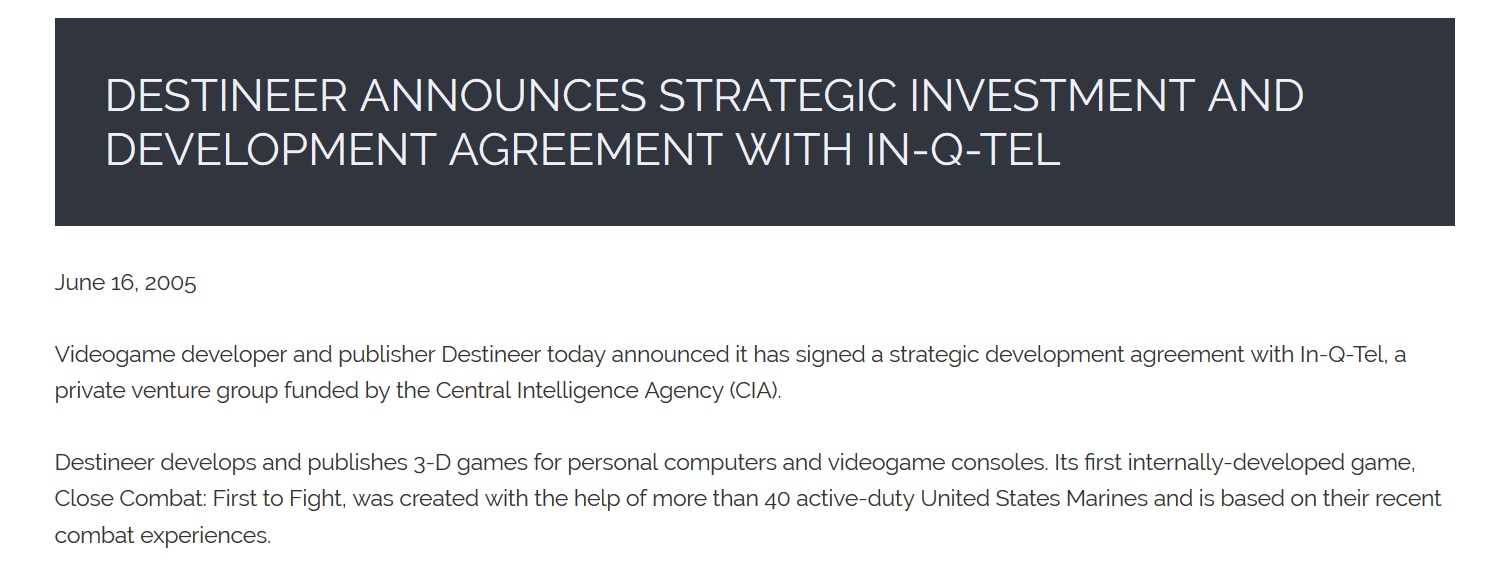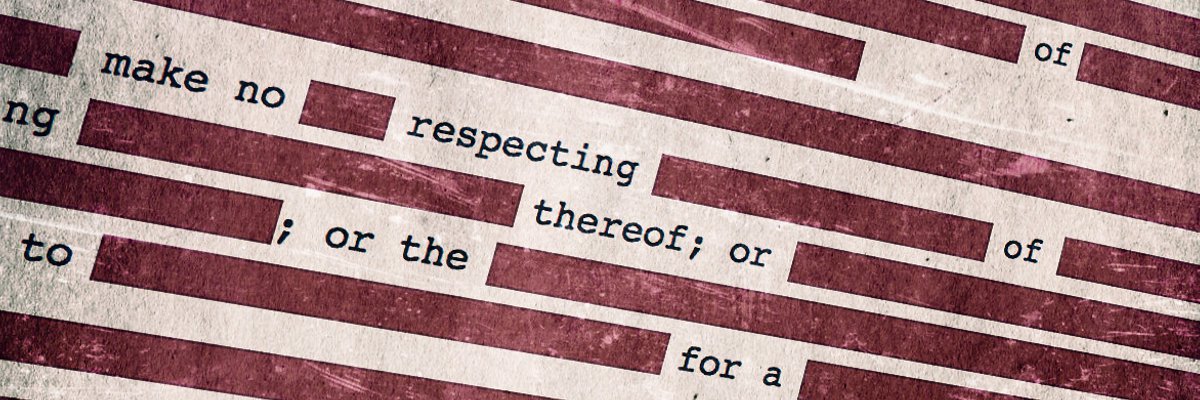Over the course of its 70 years, the Central Intelligence Agency has earned a reputation for doing terrible things. So much so, that if you Google “good things the CIA has done,” one of the first things that comes up is “terrible things the CIA has done.”

MuckRock has highlighted those terrible things and will continue to do so. But in the interest of fairness - and because it’s the Agency’s birthday - we dug up a few examples of net positives the CIA has intentionally (or unintentionally) visited upon the world.
5. Pacemakers and breast cancer screenings
If you ask the Agency to name a positive impact they’ve had on the world, they’ll likely point to the technological advances that have been a fringe benefit of their work, which feature into a good chunk of their promotional material.
Of those, the one they’re perhaps proudest of is the lithium battery, which was developed to power long-term surveillance, and was quickly adapted by the medical community as an ideal power source for pacemakers.

In the same vein, technology originally used by the Agency for satellite image analysis was adapted by radiologists to improve the process of screening for breast cancer, which is good. So hey, we’re at one good thing! Just don’t think about how it was the direct result of an insanely well-funded global surveillance state.
4. Google Earth
Speaking of “insanely well-funded global surveillance states,” the CIA runs In-Q-Tel, a “strategic investment firm” that funds companies working on technology that the Agency thinks might be useful. A mission statement is artfully embedded in its name, which is a reference to the character from James Bond.

Which we stress is totally not weird at all, and in fact quite normal. You’re weird for thinking it’s weird.
Of In-Q-Tel’s success stories, the one they’re perhaps proudest of is its investment in Keyhole, the start-up behind “Earth Viewer 3D.” Or, as we know it today …

Which is at least kinda good, though more than a little undercut by how creepy it is that a satellite surveillance company was named “Keyhole.”
3. Halo (for Mac)
Among the more dubious of In-Q-Tel’s investments was in the video game developer/publisher Destineer, which the Agency hoped would produce training simulators for the military.

That didn’t exactly pan out, with Destineer going defunct just six years later. But before that happened, Destineer managed to publish some surprisingly solid titles, including Mac ports for “Age of Empires,” “Civilization III,” and “Halo” …

as well as a string of impressively mediocre Wii games, most notably “Iron Chef America: Supreme Cuisine”.

That’s CGI Alton Brown, brought to you by the CIA’s black budget.
While that would normally be enough to push this one into the “terrible things the CIA has done” category, Destineer also published the computer game adaption of “Starship Troopers,” and the irony of the Agency sponsoring a satire of fascism more than makes up for polygonal Mario Batali.
Prefer you diversions a bit more heady? Well …
2. Paris Review
Here’s William Styron in the literary magazine’s inaugural issue.

Here’s founding editor Peter Matthiessen on Charlie Rose 50 years later.

So there you have it: conclusive proof that Jonathan Franzen is a part of a CIA plot to distract you with dumb takes.
1. J.J. Abram’s career
Kinda gave this one away with the header image, but ABC’s “Alias” was indeed produced with the assistance of the CIA’s Film Industry Liaison, and they were proud enough of it to use Jennifer Garner in their recruitment material.
The success of Alias helped showrunner J.J. Abrams bring you “Lost,” and from there the new “Star Trek” films, and from “Star Wars: The Force Awakens,” the third-highest grossing film of all time.
So, does being tangentially responsible for Episode VII help the Agency make up for seven decades of destabilizing other people’s governments? God no. It doesn’t even make up for “Star Trek: Into Darkness.” But, it’s a tiny, teensy, microscopic glimpse into a world where unlimited resources could be used for make the world better, rather than accidentally okay.
Image via ABC




